About Us
Our Team
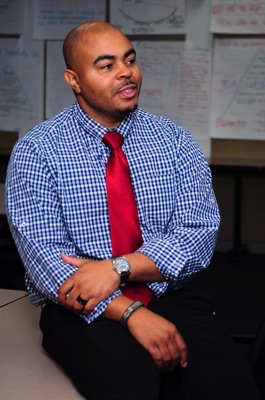
Bryan A. Brown, Ph.D
Stanford University
Bryan A. Brown is an associate professor of science education at Stanford University. He joined Stanford in the 2004 after working on a post-doctoral fellowship at Michigan State University. His work in the center for research on teaching at Stanford focuses on improving urban science education. He focuses on exploring how language and identity impact urban students’ learning. Dr. Brown is a former high school science teacher who earned a Bachelor’s degree in Biological Sciences from Hampton University, a Master’s degree in Educational Psychology from the University of California, and a Ph.D. in Educational Psychology from the University of California, Santa Barbara.
Press: CBS New on Virtual Camp: link
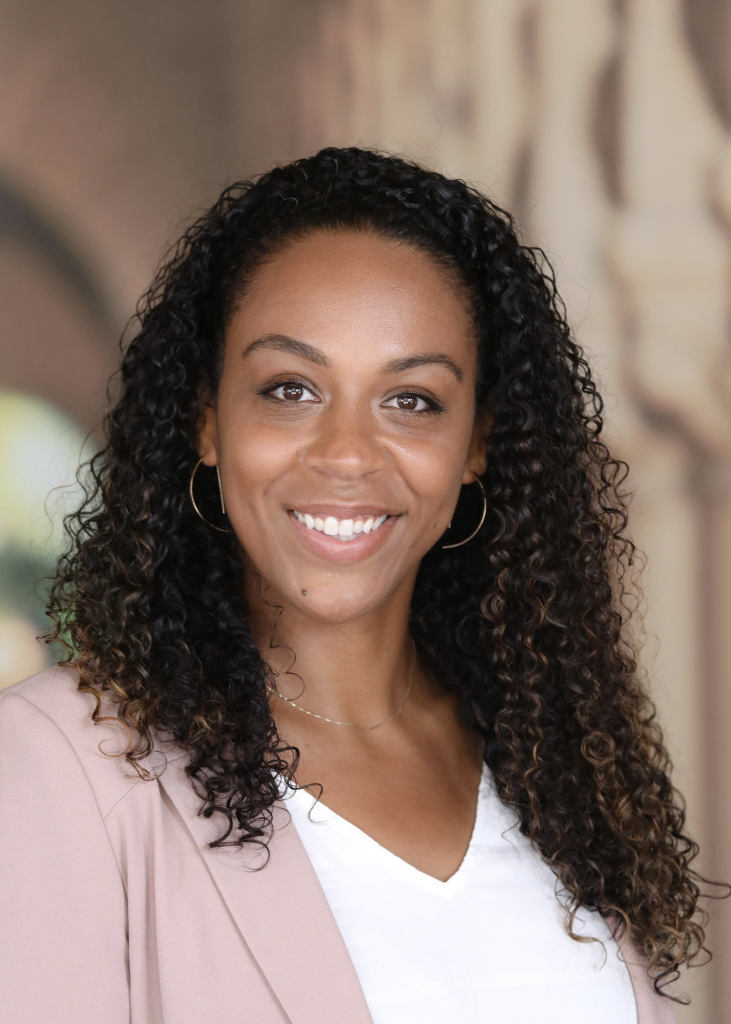
Kendra Sobomehin
Stanford University
Kendra is a second year Ph.D. student in Curriculum Studies and Teacher Education focusing on Science Teaching. Kendra’s research explores the intersectional spaces of race and gender in urban teaching and learning.
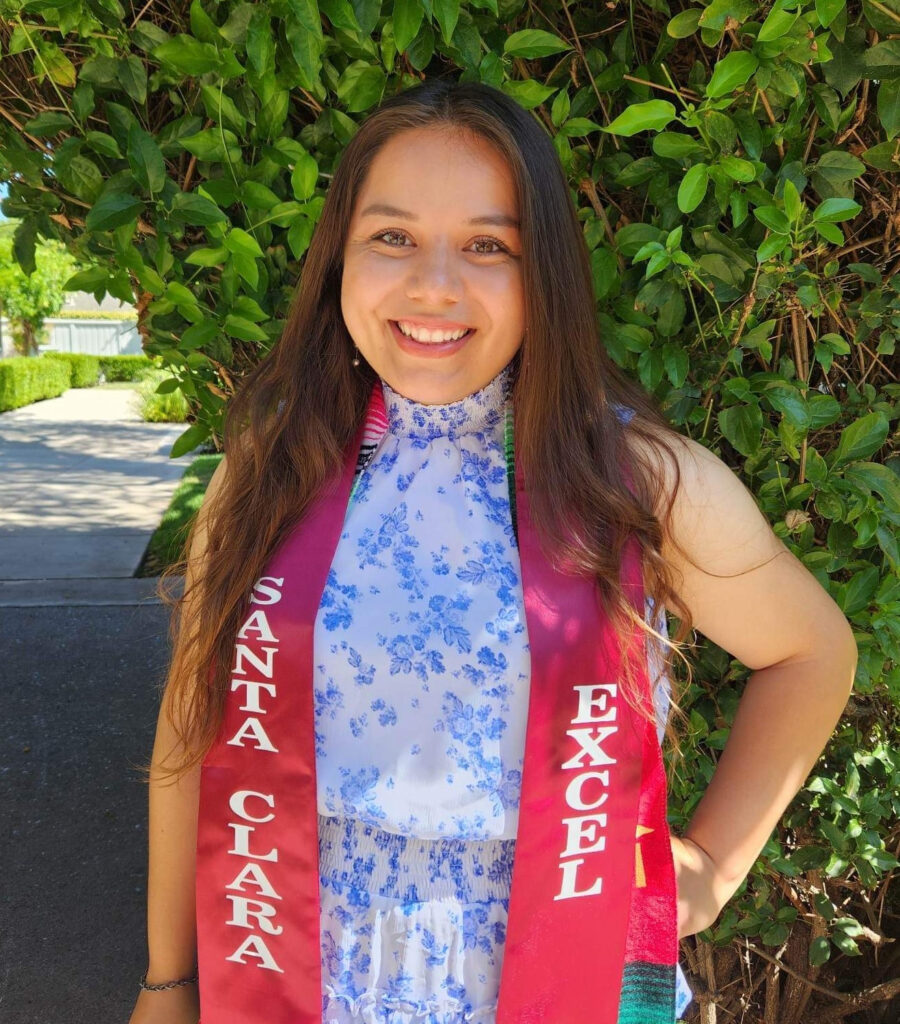
Lisa Archuleta
Stanford University
Lisa Archuleta is a Ph.D. student in Curriculum Studies and Teacher Education focusing on Bilingual/ Multilingual Science Education. Originally from Modesto, CA she went on to attend the University of Dallas where she earned her B.S. in Biology with a minor in Theology. Following her undergraduate studies, she went on to Santa Clara University where she earned her M.A. in Education, while serving as a middle school math and science teacher. Lisa’s research focuses on the intersection between language and science and how STEM teachers can create a more equitable environment for their bilingual and multilingual students.
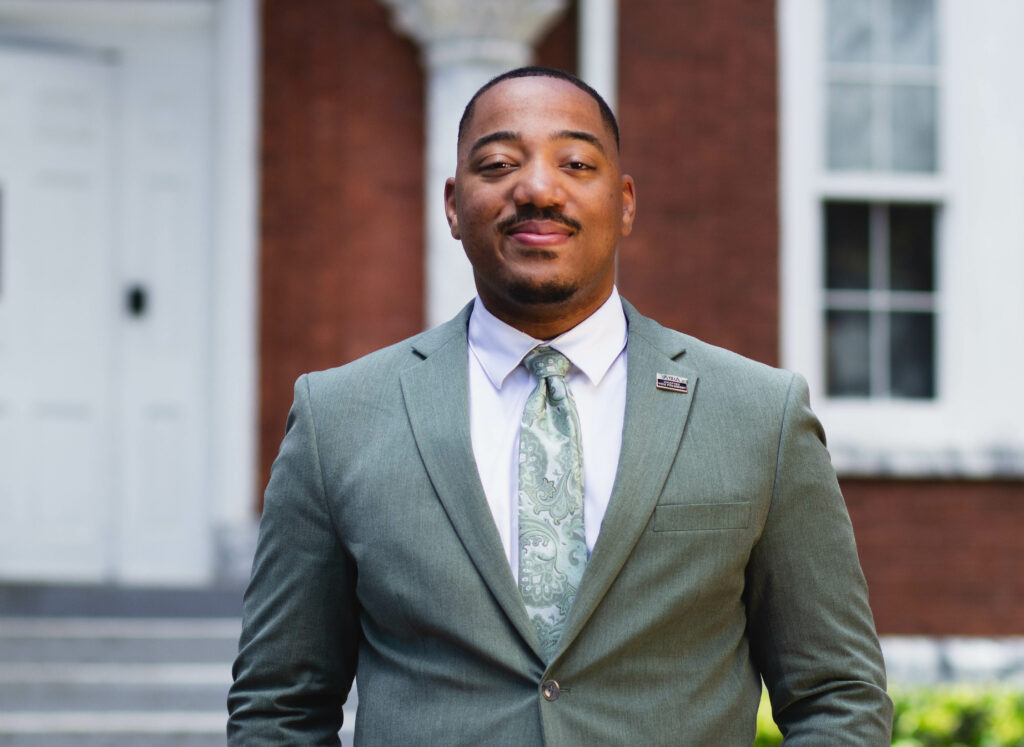
Horace Ryans III
Stanford University
Horace Ryans III is a Philadelphia native and sociology graduate from Morehouse College, where he earned his Bachelor of Arts degree with a minor in Education. Horace has a strong commitment to academic excellence and a passion for research in race, class, education, inequality, segregation, social systems, and historical analysis.He earned numerous awards and honors, including being named Morehouse College Man of the Year in 2024, a P3 Scholar at Princeton University, and an Outstanding All-Around Achievement Award recipient from the Morehouse Center for Excellence in Education. Horace’s research experience is extensive and diverse. He currently serves as a Research Assistant at Stanford University’s Graduate School of Education, where he investigates equity in education technology. Additionally, he has researched as an Undergraduate Researcher at the Morehouse Center for Excellence in Education and as a Mellon Mays Undergraduate Fellow, focusing on race, place, and education. He has served as the Chapter Vice President of Alpha Phi Alpha Fraternity Incorporated, where he led professional development initiatives and established the “Alpha Leadership Academy” program. He has also co-founded and presided over PropelU, an organization dedicated to mentoring and preparing high school students for post-secondary education.
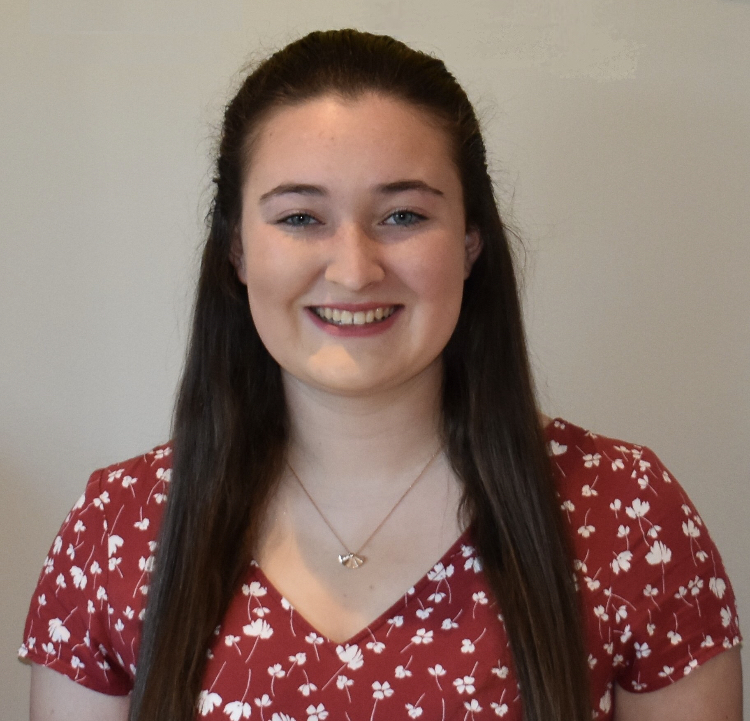
Eliana Katz
Stanford University
Eliana Katz is a Senior at Pitzer College pursuing Bachelors Degrees in Psychology and Education. She is a Matriculate Fellow, helping to bring equity and college access to economically disadvantaged students. Upon her graduation she plans to pursue graduate studies in the field of Education.

Dr. Faye-Marie Vassel
Stanford University
Faye-Marie Vassel is a native of the Bronx, NY and received her B.S. from Stony Brook University where she studied biochemistry and Russian studies. Following her undergraduate studies at Stony Brook Faye-Marie went on to Massachusetts Institute of Technology, where she received her Ph.D. in biology. Faye-Marie’s doctoral research was focused on enhancing the field’s understanding of how DNA-damage response mechanisms can modulate chemotherapeutic resistance in drug-resistant lung cancer.
Upon completion of an AAAS Science and Technology Policy Fellowship at the National Science Foundation, Faye-Marie joined HAI and the research groups of Dr. Bryan Brown (Graduate School of Education) and Dr. Hideo Mabuchi (Applied Physics) as a STEM Education, Equity, and Inclusion Postdoctoral Fellow. During her time as fellow, Faye-Marie’s research will be focused on elucidating key factors that may inhibit students from groups historically marginalized in STEM from successfully persisting in the computational sciences.
In the long term, Faye-Marie aims to pursue tenure-track faculty positions where she can develop an interdisciplinary research program that will enable her to pursue scholarship centered on identifying and better understanding how social and structural determinants impact access to quality and equitable STEM educational opportunities. By conducting research of this nature, Faye-Marie hopes to help reduce the educational disparities still present in the academic trajectories of many STEM learners.
Teaching
My instructional goals are based on my experiences in education.
First, my approach attempts to follow basic Socioconstructivist models of education by attempting to identify what students know and bring to the classroom as a primary component of their learning. In addition my teaching goals follow a simple attempt to place the students at the center of instruction. In line with that, my teaching involves the following goals: (a) Students will use classroom literature as ‘Data’ to be analyzed.
Each classroom session will involve the revisiting, analyzing, and the production of new ideas based on literature used in the course. (b) The ‘Goals’ of classroom instruction will be transparent to students. They will be provided with clearly articulated goals associated with the class.
Contact
For any questions, or partnership opportunities, please fill out the form below and we’ll be in touch as soon as possible.